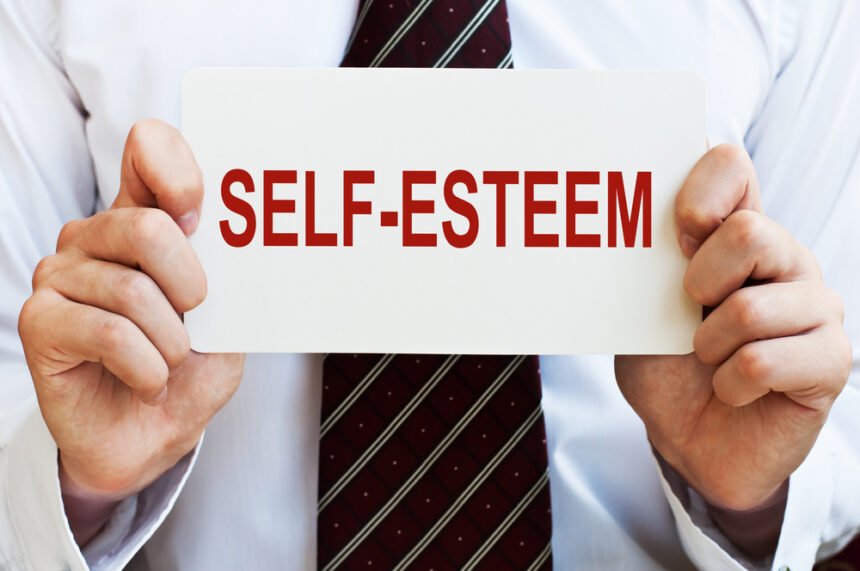We have talked a lot about some of the warning signs of depression. However, it is also important to recognize some of the causes of depression and other mental health issues. One of the biggest causes is poor self-esteem.
A 2019 study from Vietnam was published in Frontiers of Psychiatry, which found that 19% of students had low self-esteem. These students were far more likely to suffer from depression, anxiety and other mental health issues. This study corroborates other research showing a correlation between mental health issues and self-esteem.
Therefore, it is imperative that you try to improve your self-esteem if you have issues with it. However, it is first important to define self-esteem, so you know how to improve it.
Self-esteem is having confidence in your abilities to measure up to your standards. It sounds simple enough, but mentally getting there is a daunting task. Couple that with mental health problems that you may be dealing with and building confidence in yourself is doubly hard. Therefore, one of the biggest trends in improving mental health is working on self-esteem. Below, we will discuss seven fantastic ways to feel better about yourself!
Key Steps You Need to Take to Improve Your Self-Esteem
Self-esteem refers to one’s overall sense of self-worth and personal value. A healthy self-esteem can lead to greater happiness and success, while low self-esteem can lead to feelings of inadequacy and negativity. Here are seven ways to improve self-esteem:
1. Consider Your Accomplishments
Instead of focusing on what you haven’t achieved, make a list of prior accomplishments that you’re proud of. Whether getting good grades or performing well at a new hobby, it’s important to celebrate the little things. As you accomplish more things, keep updating your list to hone your self-worth.
When you feel your confidence slipping, just look at all of the great things you’ve done on that list! Bear in mind, everything you achieve is unique to your situation, so avoid doom-scrolling on social media and comparing yourself to others.
2. Consider Your Own Strengths
When you’re feeling down or unmotivated, consider your own internal strengths. Write them down in detail on a piece of paper. Having the ability to recognize the things you do well builds confidence in your abilities. If you’re feeling stuck, ask people that know you well.
3. Set Minor Goals
Give your life some meaning by setting small attainable goals for your future. Aim to make a list of things that you can accomplish for sure and tick them off as you succeed. Knowing you can get tasks done is a confidence booster, and your list of things can consist of tasks you do daily such as cooking or cleaning. Perhaps, trying to be healthier or look healthier or better through healthier eating suggest Skin Works Medical Spa.
4. Give Yourself A Pep Talk
Never let your mind wander and start running negative commentary in your head. You will never move ahead if you keep telling yourself that you aren’t good for anything! Become your own cheerleader and know how to talk yourself up. This will give you a dose of self-esteem.
5. Participate In A New Hobby
Find a new hobby that is within your skill set and hone your talents. Commit yourself and your efforts to a new passion that you feel motivated about. From cooking and exercising to sports and art, having a hobby makes you a better-rounded individual. Having interest in a certain topic allows you to build on your skills thanks to the drive you have to become better— this is the way to enhance confidence in yourself.
6. Practice self-care
Taking care of your physical, emotional, and mental well-being can help boost your self-esteem. This includes eating a nutritious diet, getting enough sleep, and engaging in physical activity. Anxiety can be helped with just a bit of fresh air or nature, and you don’t even have to walk – you can scooter cycle or use other means. PsychCentral has a number of other great ideas to improve self-care, including yoga and meditation.
7. Focus on the present moment
Avoid dwelling on past mistakes or worrying about the future. Focus on the present moment and be mindful of your thoughts and actions.










